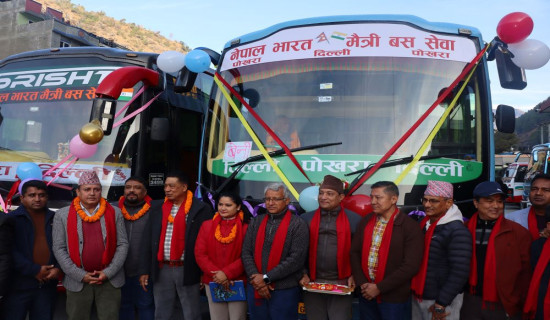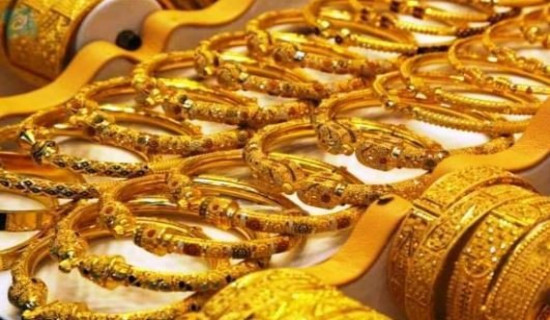- Wednesday, 4 February 2026
Root Out Chhaupadi
Chhaupadi, a form of menstrual taboo under which menstruating women and girls are forced to stay in isolated huts or sheds, is still being practiced in the districts of Karnali and Sudurpaschim Provinces. Chhaupadi perpetuates gender discrimination and jeopardises women’s overall health and safety. Although Nepal government outlawed this practice in 2005 and declared it a criminal offense, this practice has not stopped yet. When women are forced to stay in Chhau sheds during mensuration, they get exposed to numerous physical and psychological risks. The Chhau sheds are small with poor ventilation and one has to crawl to enter the shed. Staying in Chhau Goth (shed) poses serious health hazards to menstruating women as it is the time they need good hygiene and proper nutrition.
However, while staying in Chhau Goth women are deprived of sanitation and nutritious foods. Women are robbed of milk and its products during this period due to the prevailing superstition that women taking milk and dairy items during this period harms the cattle. Staying in isolation in Chhaupadi takes a toll on the mental health of women and young girls – a fact often overlooked. It is so dehumanising for young girls to stay in Chhau sheds denying them of a chance to go to school.
Girls and women staying in the Chhau Goth are vulnerable to cold, snake bites, animal attacks and sexual violence. We frequently come across distressing news reports about girls being raped in Chhau Goth, as the unhealthy shelter is away from home, which makes them vulnerable to rape and sexual assaults. As per a news report published in this daily on July 6, 2018, 23-year-old Tulsi Shahi of Chamunda Bindrasaini Municipality-6 died after being bitten by a snake while staying in a Chhau Goth. Earlier, on May 22, 2018, Lal Sara BK, who was also staying in a Chhau goth, died of snake bites after not receiving timely treatment.
Various government and non-government organisations have been working to eradicate the Chhupadi practice by raising awareness and enacting laws. However, the complete eradication of this social evil has not been achieved. Manisha Sharma, the Deputy Mayor of Chamunda Bindrasaini Municipality, said that the Chhaupadi practice had decreased compared to the past. She said that every household used to have a Chhau Goth in the past, but now only a handful exist. Legal enforcement is very important to dismantle this deep-rooted misconception. Women empowerment through education is critical to end this practice. Women's access to proper menstrual hygiene products is also very important.
In one way or other Chhaupadi is the by-product of unequal cultural, political, religious and social structures and institutions that have marginalised women for centuries. It requires a sustained fight to eradicate this egregious practice. The relentless efforts on the part of government and non-government organisations is crucial in do away with this social vice.
Local levels in Dailekh district have lamented that the allocation of paltry amount of budget, which goes only so far as raising the awareness against Chhaupadi, make them unable to carry out further tasks to eradicate it altogether. If this is the case, the government needs to step in and do the needful to eliminate it root and branch.
















